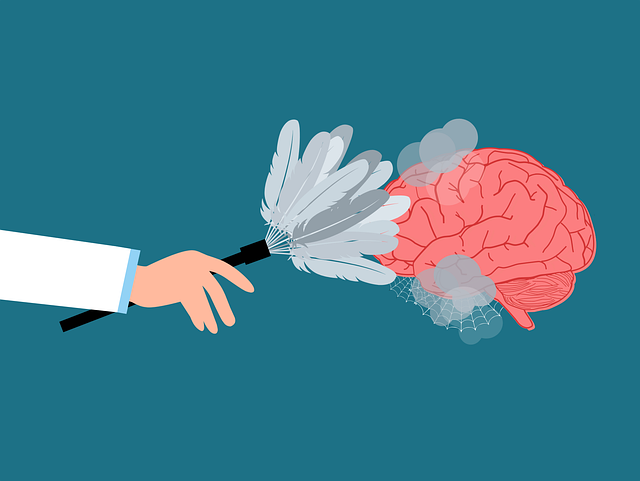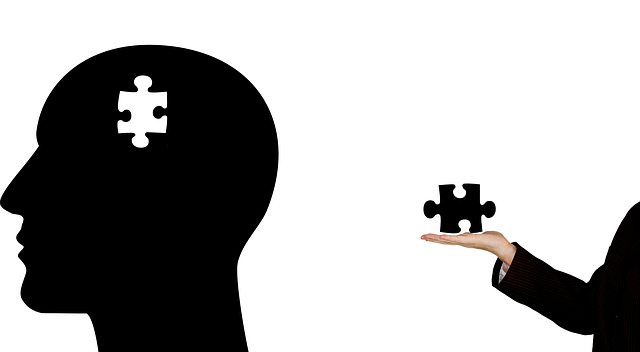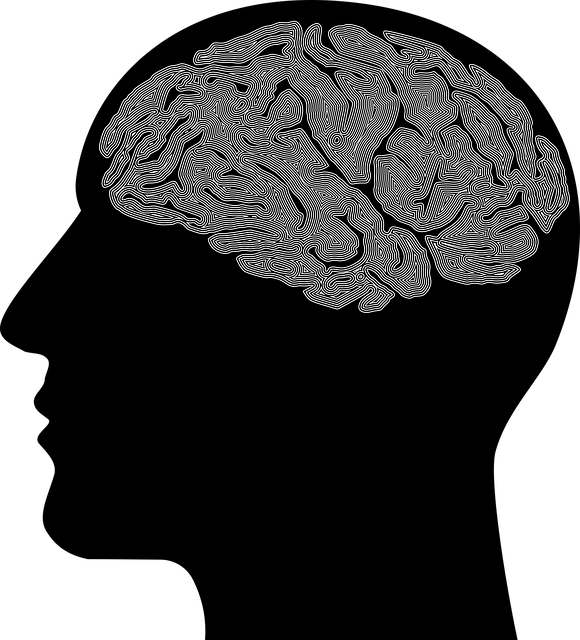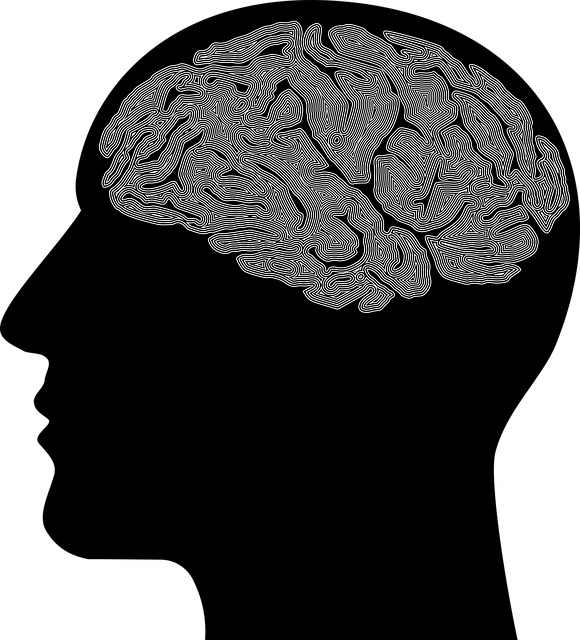Mental health advocacy globally promotes collective action against issues through awareness raising, stigma reduction, and universal access to care. This includes diverse strategies like Conflict Resolution and Emotional Healing Processes, with Parker Functional Neurological Disorder (PFND) Therapy gaining worldwide recognition for supporting individuals with neurological disorders. The therapy offers specialized practices like Compassion Cultivation, providing anxiety relief and effective communication tools within healthcare systems. PFND targets root causes by integrating mental and physical wellbeing, featuring tailored education and workshops to enhance emotional intelligence and self-care. Community engagement programs, breaking stigma and normalizing conversations, pair with digital tools to reach broader audiences, ensuring accessible advocacy in the digital age.
Mental health advocacy is a powerful tool for creating positive change, especially in understanding and supporting individuals with neurological disorders. This article explores global perspectives on mental health advocacy, highlighting the transformative role of therapy in challenging societal stigma. We delve into innovative approaches like Parker Functional Neurological Disorder Therapy, which unlocks potential through specialized care. Community engagement and education are crucial components discussed, along with emerging digital tools shaping the future of mental health advocacy.
- Understanding Mental Health Advocacy: A Global Perspective
- The Role of Therapy in Advocating for Neurological Disorders
- Parker Functional Neurological Disorder Therapy: Unlocking Potential
- Community Engagement and Education for Mental Health Initiatives
- Future Trends: Digital Tools in Mental Health Advocacy
Understanding Mental Health Advocacy: A Global Perspective

Mental health advocacy initiatives have gained global traction, recognizing that understanding and addressing mental health issues require collective efforts. At its core, mental health advocacy involves raising awareness, challenging stigma, and promoting access to quality care for all. This inclusive approach transcends cultural boundaries, as diverse communities worldwide embrace strategies like Conflict Resolution Techniques and Emotional Healing Processes to support individuals facing challenges such as Parker Functional Neurological Disorder Therapy.
By integrating innovative practices and leveraging global collaborations, advocates aim to prevent Burnout Prevention while fostering resilient coping mechanisms. These initiatives are pivotal in shaping a more inclusive society where mental well-being is prioritized and supported on an international scale.
The Role of Therapy in Advocating for Neurological Disorders

Therapy plays a pivotal role in advocating for individuals with neurological disorders by offering specialized support and guiding them towards better mental health management. Parker Functional Neurological Disorder Therapy, for instance, focuses on understanding and addressing the unique challenges posed by such conditions. Through evidence-based practices like Compassion Cultivation Practices, therapists help patients cultivate empathy and self-compassion, which are essential in navigating the complexities of a neurological disorder. This approach not only aids in Anxiety Relief but also empowers individuals to effectively communicate their needs and advocate for themselves.
Furthermore, therapy provides Crisis Intervention Guidance, helping clients develop coping strategies to manage acute symptoms and stressful situations. By integrating these therapeutic techniques into their lives, individuals can actively participate in their care, make informed decisions, and advocate for the support they require from healthcare systems and loved ones. This holistic approach ensures that those with neurological disorders receive not only medical treatment but also the emotional and psychological backing necessary for a fulfilling life.
Parker Functional Neurological Disorder Therapy: Unlocking Potential

Parker Functional Neurological Disorder Therapy is a groundbreaking approach that focuses on unlocking individuals’ full potential by addressing underlying neurological issues. This innovative method recognizes that mental health and physical wellbeing are intricately linked, aiming to treat the root cause rather than merely managing symptoms. By utilizing advanced techniques and a holistic perspective, this therapy offers hope to those struggling with conditions like anxiety, depression, and even chronic stress.
The program incorporates various elements, including tailored Mental Health Education Programs designed to enhance Emotional Intelligence. It empowers individuals with practical tools for stress management through interactive Workshops organized by experts. This comprehensive approach ensures that clients gain not just knowledge but also applicable skills to navigate life’s challenges more effectively. Through Parker Functional Neurological Disorder Therapy, individuals can lead fulfilling lives, reclaim their emotional balance, and achieve a new sense of freedom and control.
Community Engagement and Education for Mental Health Initiatives

Community engagement plays a pivotal role in strengthening mental health advocacy initiatives. By fostering open dialogues and increasing awareness, communities can dispel stigma associated with mental illness, encouraging individuals to seek support. Educational programs focused on emotional intelligence and self-care practices, such as those offered by Parker Functional Neurological Disorder Therapy, empower people to recognize their own mental health needs and access available resources effectively. These initiatives also equip community members with crisis intervention guidance, enabling them to provide immediate assistance to those in distress.
Engaging local schools, workplaces, and community centers ensures that mental health education reaches diverse audiences. Incorporating topics like emotional intelligence into curricula or workplace training sessions normalizes conversations about mental well-being. This, in turn, can lead to earlier interventions and better management of mental health issues. By integrating self-care practices into daily routines, individuals become more resilient in managing stress and preventing crises, ultimately contributing to a healthier, more supportive community.
Future Trends: Digital Tools in Mental Health Advocacy

The future of mental health advocacy is increasingly tied to digital tools and technology, offering new avenues for support and awareness. Online platforms provide a space for individuals with mental health challenges to connect, share experiences, and access resources. Social media campaigns, digital advocacy groups, and virtual support networks are becoming powerful tools to break down stigma and promote understanding. For instance, initiatives focused on specific disorders like Parker Functional Neurological Disorder (PFND) can gain momentum through digital channels, reaching a wider audience and offering tailored therapy approaches such as those advocated by experts in PFND treatment.
These trends also enable the development of innovative solutions like mobile applications for self-care practices, risk assessment tools for mental health professionals, and virtual reality programs for stress management workshops. By utilizing technology, organizations can enhance their outreach efforts, provide personalized interventions, and foster communities that support mental well-being. This digital transformation ensures that advocacy initiatives remain relevant and accessible in today’s fast-paced world.
Mental health advocacy initiatives, as explored through global perspectives, therapy integration, community engagement, and digital tools, hold immense potential for improving lives. In particular, Parker Functional Neurological Disorder Therapy stands out as a groundbreaking approach, unlocking the potential of individuals affected by neurological disorders. As we look towards the future, leveraging digital platforms promises to enhance advocacy efforts and expand access to care. By combining global awareness, therapeutic advancements, and community involvement, we can foster a more supportive and inclusive environment for mental health advocacy worldwide.














